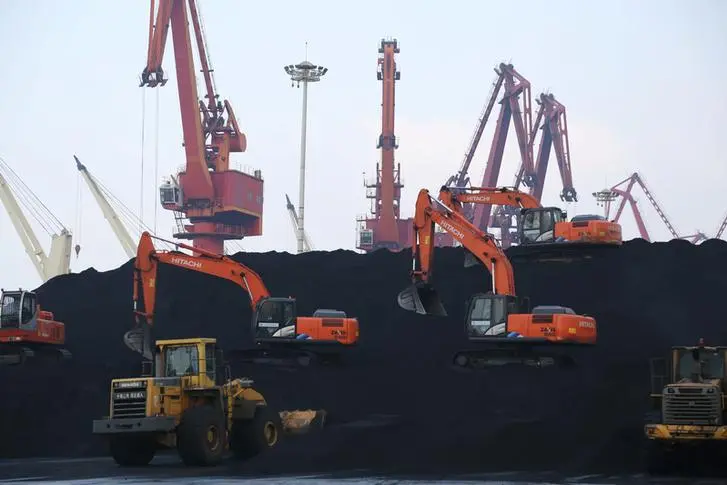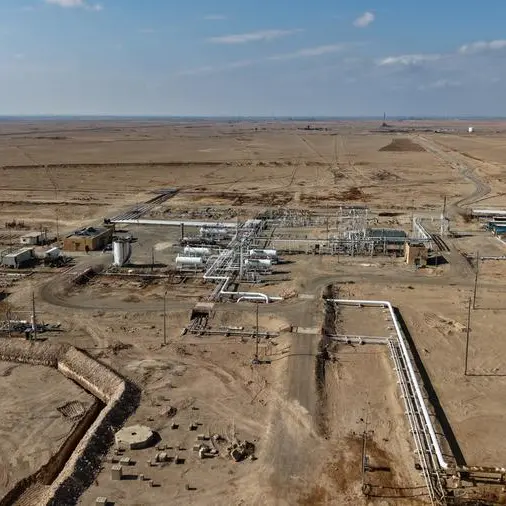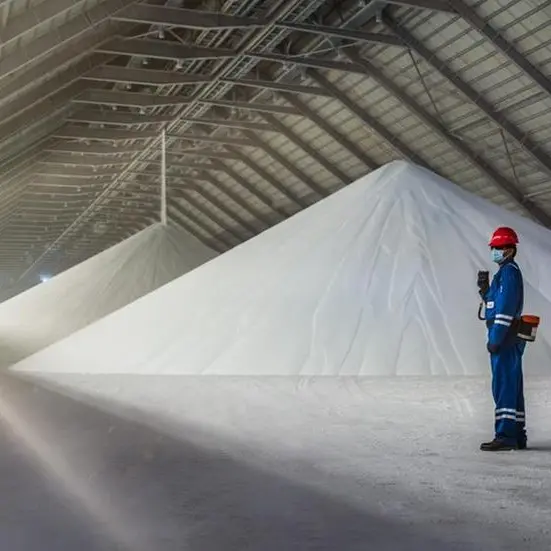PHOTO
BEIJING- China said on Monday it will investigate energy price index providers as it urged coal industry participants to "strictly" meet contractual obligations, in its latest bid to tame prices that have hit record highs.
The most-active thermal coal futures contract on the Zhengzhou Commodity Exchange, for delivery in January, fell more than 8% - their fourth straight daily decline - but recovered to close down 7% at 1,305.6 yuan ($204.51) per tonne.
The contract was down more than 34% from Tuesday's record of 1,982 yuan. Thermal coal futures have risen more than 150% this year.
The state planner, the National Development and Reform Commission (NDRC), said it would investigate complaints that some energy information providers, including in the coal sector, had used false transaction prices, published "hearsay" information and "fabricated" price data, and had "manipulated price indexes".
"As a result, the coal price has completely deviated from the fundamentals of supply and demand, seriously damaging the national and public interests," it said.
The NDRC said it would check for compliance and would summon index providers, and would punish any irregularities with measures such as suspension of publication or inclusion on a blacklist.
It did not name any of the information providers.
Dozens of organisations provide coal pricing data in China, including the China Electricity Council and the China Coal Transportation and Distribution Association. Local consultancies such as Fenwei Digital Information Technology, and Yimei, a trading platform owned by Helue E-Commerce Corp, also publish coal prices.
Fenwei and China Coal Transportation and Distribution Association had no comment, while Yimei was unreachable and China Electricity Council said it was outside business hours.
In September, authorities banned a coal trading firm from publishing daily prices and market news as part of efforts to regulate commodities markets and tame red-hot prices.
NEW RULES
Beijing has in recent months issued new rules for commodity price indexes and has said regulators would suspend the activities of those failing to comply.
The NDRC also urged coal firms to strictly meet contractual obligations and asked them to strengthen the credit supervision of medium- and long-term contracts.
The NDRC said it would urge upstream and downstream coal companies to sign mid- and long-term contracts for power and coal and "give full play to the medium- and long-term coal contracts to stabilize the market".
Coal supplies at China's major power plants have increased sharply since Oct. 5 and reached 95.69 million tonnes on Oct. 24, NDRC said in a separate statement late on Monday.
The China Coal Industry Association on Monday urged member companies to boost output while ensuring mining safety, to guarantee supplies during winter, to promote "rational" coal prices, to execute medium- and long-term contracts, and to sign 2022 contracts in advance.
Climate campaigners are hoping China, the world's top miner and consumer of coal and the biggest emitter of greenhouse gases, can be persuaded to start cutting coal consumption earlier than its target of 2026, but severe energy shortages have put the government under pressure to step up production of the fuel.
China is pushing miners to ramp up production and is increasing imports so power stations can rebuild stockpiles for the winter, but analysts say shortages are likely to persist for at least a few months.
The NDRC has taken a slew of measures and has said it was studying ways to guide prices back to a "reasonable range" and to crack down on "excessive profits" at coal firms.
China's securities regulator last week asked futures exchanges to raise fees, restrict trading quotas and crack down on speculation.
($1 = 6.3841 yuan renminbi)
(Reporting by Shivani Singh, Min Zhang and Judy Hua; Additional reporting by Hallie Gu; Editing by Christian Schmollinger and David Holmes) ((ShivaniSingh2@thomsonreuters.com; +86 10 5669 2115;))





















